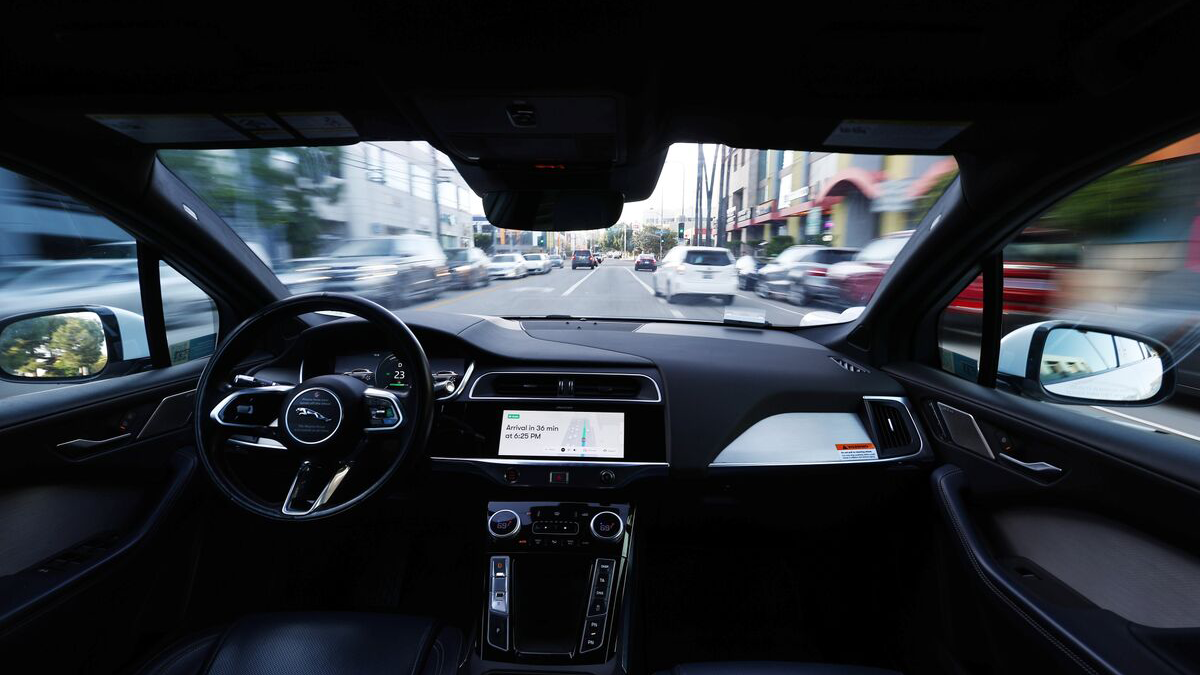Necessary Always Active
Necessary cookies are required to enable the basic features of this site, such as providing secure log-in or adjusting your consent preferences. These cookies do not store any personally identifiable data.
|
||||||
|
||||||
|
||||||
|

The US could ban Chinese autonomous vehicle software in the coming days. The US ban on Chinese software in vehicles comes amidst security concerns.
Yahoo Finance reported that the US government plans to introduce a rule that will disallow Chinese software in vehicles that have level 3 automation and above in the American market.
This autonomous cars software ban effectively makes testing of Chinese manufactured driverless vehicles on US roads illegal.
The US government has already taken steps to limit the entry of Chinese manufactured EVs into the American market. The government introduced tariffs of more than 100% on such EVs. In June this year, a U.S. representative introduced the ‘Connected Vehicle National Security Review Act’.
The purpose of this bill is to set up formal security reviews on Chinese made EVs. If it takes effect, this law will result in a complete ban on importation of Chinese EVs to the US if they pose a security threat.
Additionally, the clean energy bill introduced by the Biden administration will make it more challenging for EV makers to use batteries imported from China. As tensions between Beijing and Washington increase, concerns have extended to the Chinese software for autonomous vehicles.
The move by the U.S. government to initiate the Chinese software ban is due to rising concerns that EV vehicles collect sensitive data from American infrastructure and transmit it to the Chinese government.
The Biden administration plans to escalate the Chinese autonomous car software ban by disallowing Chinese manufactured vehicles that have advanced wireless communication systems.
With this proposal, EV makers and suppliers will be required to verify that no advanced driverless or connected vehicle software was designed in a foreign entity of concern such as China.
But Beijing is opposed to generationalization of national security and discriminatory practices against Chinese manufactured EVs and connected cars by the U.S.
“China urges the US to respect market principles and provide an open, fair, transparent, and non-discriminatory business environment for Chinese enterprises. “China will resolutely safeguard its legitimate rights and interests,” A spokesperson from China’s Ministry of Foreign Affairs said.
A spokesperson in the U.S. Commerce Department said that connected technologies in autonomous vehicles have raised national security risks in government.